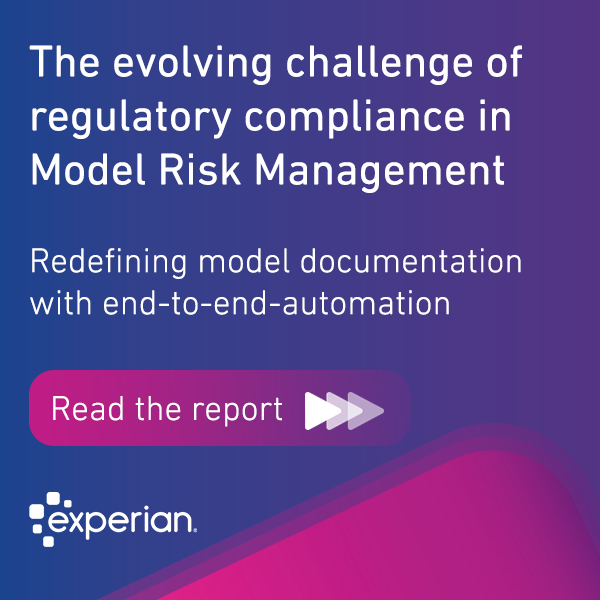Fraud prevention is a critical concern for businesses today. To help combat this ever-present threat, the consortium approach has emerged as a powerful tool in the fight against fraud. By pooling resources, expertise, and creating visibility, consortium members can be more effective in detecting and preventing fraudulent activities.

con-sor-tium
noun:
A group of people, countries, companies, etc., who are working together on a particular project.
What is a consortium?
Within business, consortiums are a global concept and can operate under multiple categories, including finance, marketing, and tech. A well-known, successful example is Star Alliance. They are a group of airlines, whose agreement enables their members to share and benefit from flights, airport lounges, and frequent flyer programs. All Star Alliance members are working towards the same goal, which is to offer their customers a seamless travel experience.
Key benefits of the consortium approach
- Resource sharing: Pooling resources like funding, expertise, and infrastructure can lead to cost savings and efficient resource utilisation.
- Risk mitigation: Shared risks make it easier for organisations to tackle ambitious projects or ventures with reduced individual exposure.
- Access to expertise: Members can tap into the collective knowledge and skills of the consortium, enhancing their capabilities.
- Market influence: Consortiums often have more influence in negotiations, regulations, and standards-setting, benefiting all members.
- Innovation: Collaboration can foster innovation through cross-pollination of ideas and technologies among members.
- Economies of scale: Consortiums can negotiate better deals on purchases or services due to their combined purchasing power.
- Reduced competition: In some cases, members can reduce direct competition among themselves by coordinating efforts.
- Market entry: Consortiums can facilitate market entry, especially in foreign markets, by leveraging each other’s networks and knowledge.
- Shared infrastructure: Access to shared facilities or infrastructure can save costs and accelerate projects.
- Brand recognition: Being part of a reputable consortium can enhance an organisation’s credibility and market presence.
However, consortiums also come with challenges such as coordination issues, conflicts of interest, and shared decision-making. Successful consortiums require effective governance structures and clear agreements among members.
Consortiums in fraud detection and prevention
The success of a consortium relies on the collective commitment of its members to a shared goal. In the context of fraud prevention, this means maintaining consistent and high-quality insights across all members. To achieve this, consortium members adhere to an agreement that covers elements such as data quality and data frequency. These agreements ensure that all participants contribute their best insights and information. By fostering a culture of cooperation and sharing, consortiums create an environment where valuable insights can be harnessed to combat fraud effectively. However, it’s crucial to emphasise that the success of consortiums ultimately depends on the active participation and contribution of all its members. Consortiums can only thrive when every member is dedicated to making their quality insights accessible to the group.
Read more about how consortiums can revolutionise fraud detection and prevention by sharing data on fraudsters across different product types and industry sectors with Hunter.




